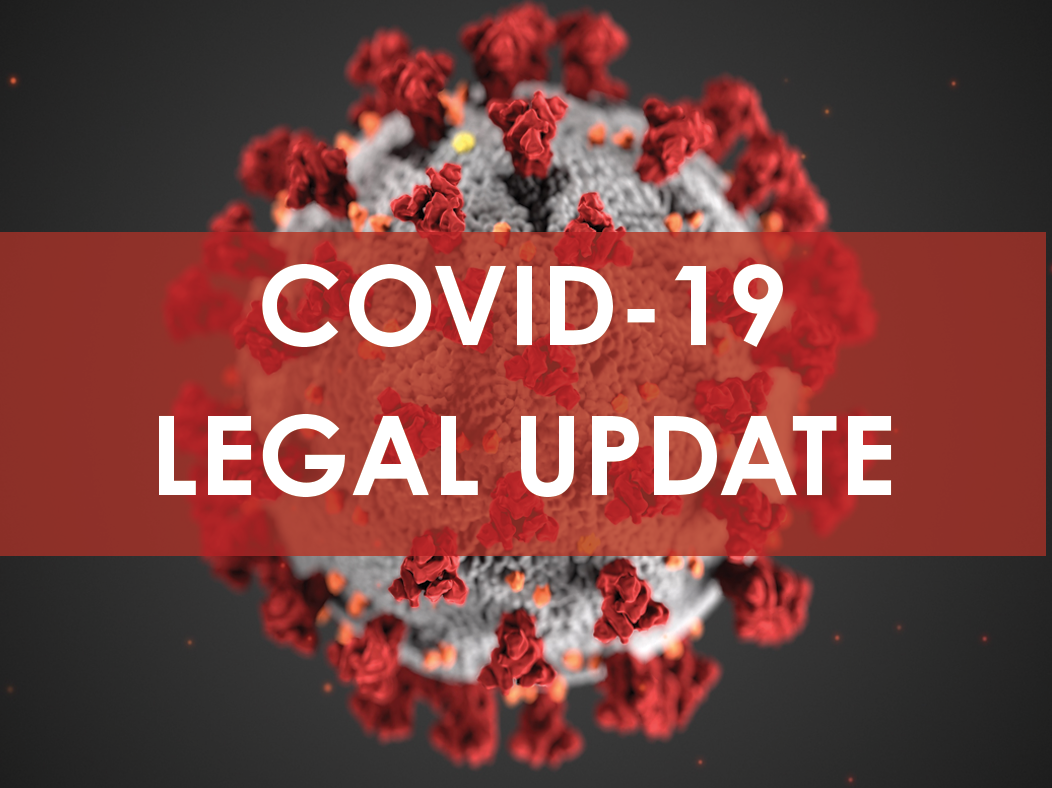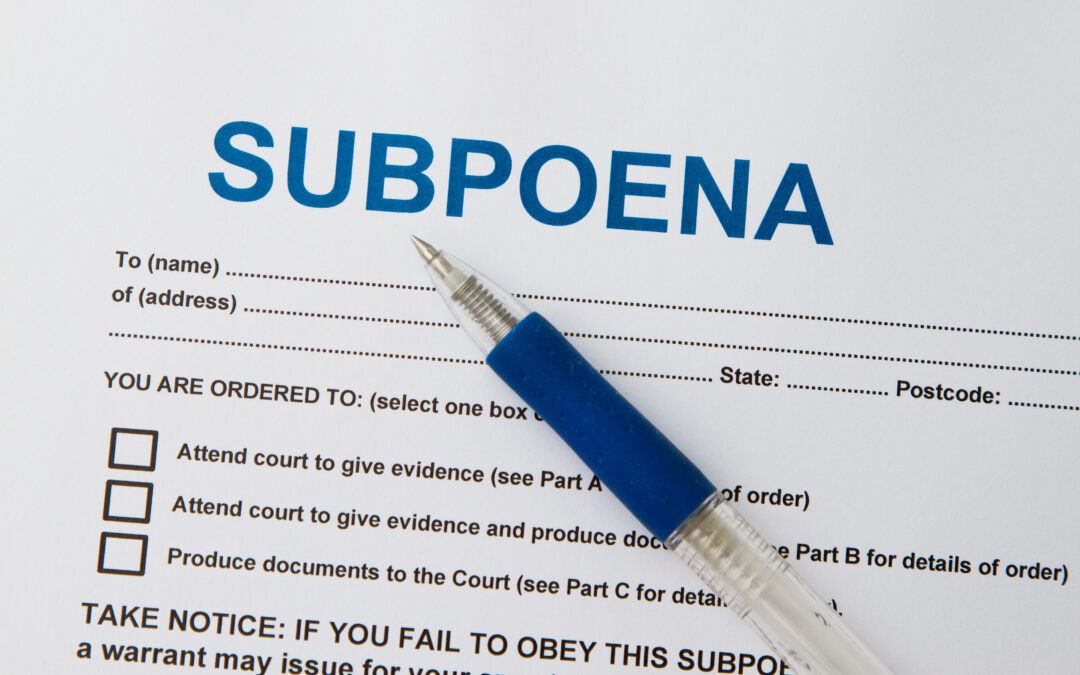The Families First Coronavirus Response Act (FFCRA), which was enacted in March 2020, requires certain employers to provide employees with paid sick leave or expanded family and medical leave for specified reasons related to COVID-19. More information about FFCRA and its implementing regulations can be found here. In April 2020, the State of New York filed suit against the US Department of Labor seeking an order to vacate certain aspects of the Department of Labor (DOL) regulations implementing FFCRA (Final Rule). In an opinion issued August 3, 2020, the US District Court for the Southern District of New York vacated four portions of the Final Rule:
- The definition of “health care provider.” The Final Rule provides a very broad definition of “health care provider” and allows an employer to exempt all of its employees from application of all FFCRA benefits if the employer provides health care services, or provides services to health care providers. The court held that FFCRA clearly defines “health care provider” and that FFCRA’s statutory definition did not require interpretation or expansion by the DOL; therefore, the only “health care provider” employees who may be exempted from FFCRA benefits are those employees who are “capable of furnishing healthcare services.”
- The work-availability requirement. The Final Rule excludes employees from eligibility for FFCRA benefits if the employer does not have work available for the employee. The court held that no such requirement is imposed by the language of FFCRA, and therefore the DOL exceeded its authority in interpreting FFCRA as such.
- The requirement that an employee secure employer consent for intermittent leave. The Final Rule allows an employee to use FFCRA leave on an intermittent basis, so long as the leave is not due to the employee’s own quarantine, symptoms or positive test result (then the leave must be taken until the condition is resolved or leave is exhausted) and so long as the employer agrees to such an arrangement. The court struck the Final Rule’s ban on intermittent leave based on employer consent or on qualifying conditions that implicate an employee’s risk of viral transmission.
- The documentation requirements. The Final Rule requires an employee to provide documentation for the need for FFCRA leave prior to taking the leave. The court held that the requirement that the documentation be provided before taking leave is inconsistent with the statutory language of FFCRA.
It’s important to note that the court did not identify its ruling as a nationwide injunction or nationwide adjudication, so it is currently unclear whether the Final Rule still applies to any jurisdiction in the US other than the Southern District of New York.
So, what does this mean for the “health care provider” exemption to FFCRA in Tennessee? For now, the exemption is still available until a Tennessee federal court or the DOL says differently, but it should be exercised with caution because it could go away at any time.
The COVID-19 pandemic and response is an evolving situation. All levels of government are engaged in the process of preparing new legislation, regulations and orders both to stem the spread of the virus and to provide relief to employers and employees. We will continue to monitor the situation and provide updates as applicable, especially as such updates affect healthcare providers and their practices.
For more updates on this topic and other legal updates related to the COVID-19 pandemic, please visit our COVID-19 Legal Resource Page by clicking here.


